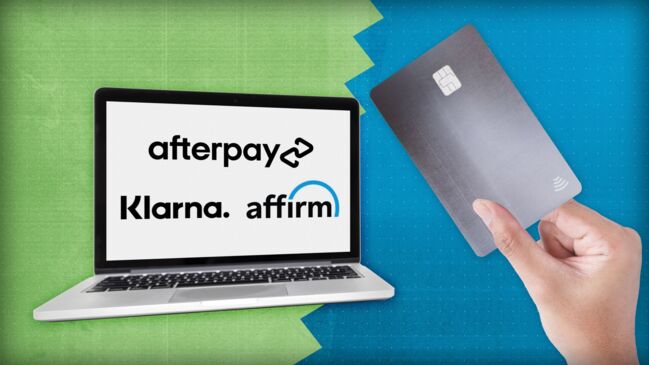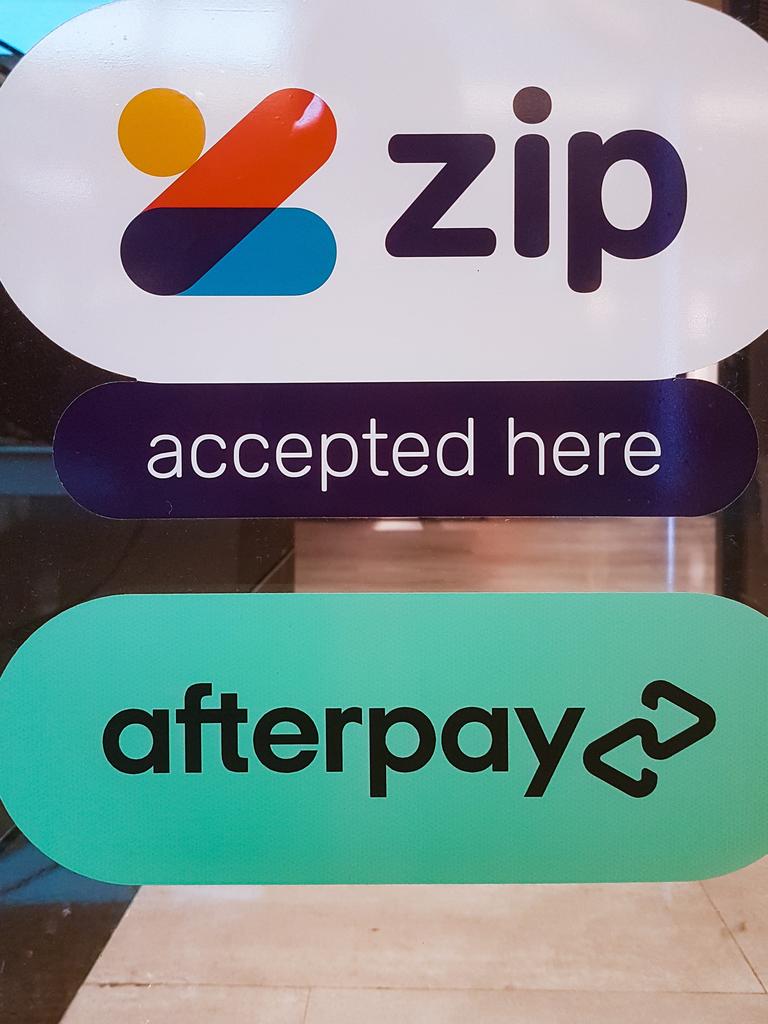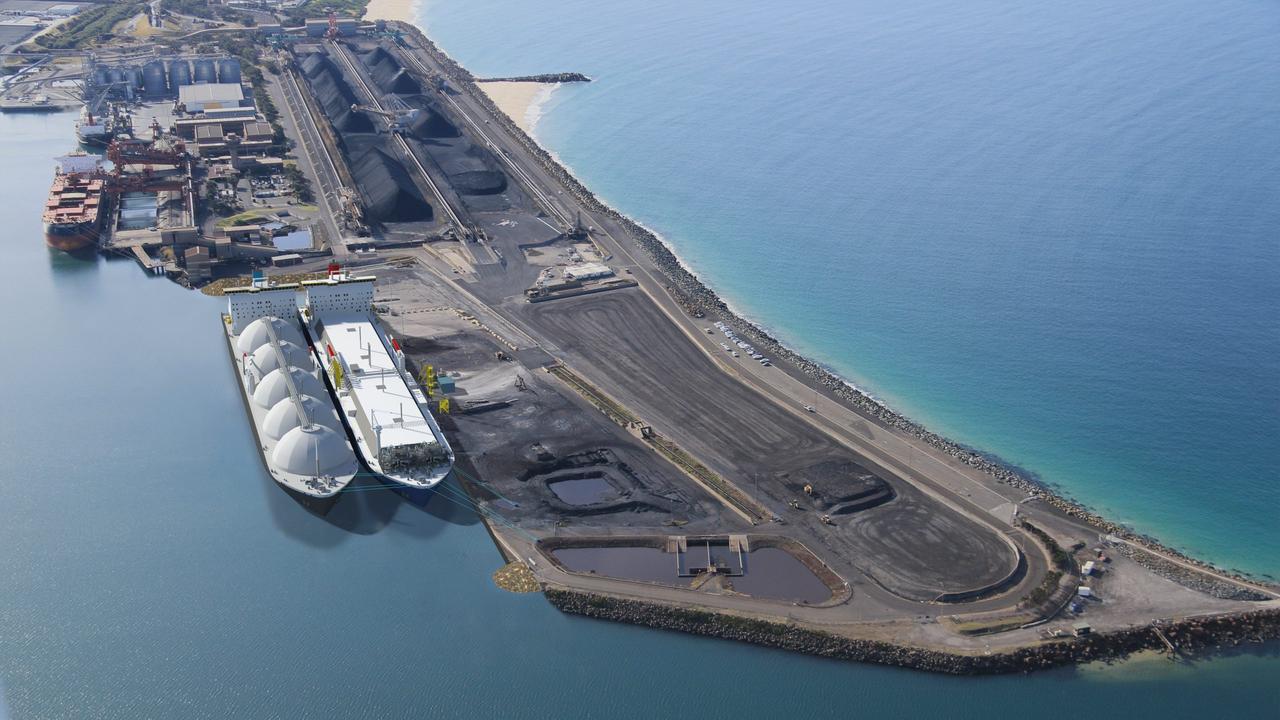Buy now, pay later boom: Aussies’ credit scores, financial futures at risk as overspending surges
If you’re addicted to Afterpay, ZipPay, Klarna or PayPal – you’re not alone. But new laws are about to kick in which could see the habit come back to bite you even harder than before

Business
Don't miss out on the headlines from Business. Followed categories will be added to My News.
If you’re addicted to Afterpay, ZipPay, Klarna or PayPal – you’re not alone – but new laws are about to kick in which could see the habit come back to bite you even harder than before.
The changes will require Buy Now, Pay Later (BNPL) providers to report credit applications and defaults to traditional credit bureaus from June 10.
They come at the same time new data has revealed the explosion of BNPL services is putting millions of Australians at risk of “lifestyle creep” and falling into a cycle of overspending.
Research by financial comparer Finder, found 33 per cent of Australians – equivalent to 6.9 million people – often or always spend more than they earn after tax each month.
Head of consumer research at Finder, Graham Cooke said it’s really easy to fall into the trap of lifestyle creep.
“You might not even notice it happening until you realise you’re earning more but not saving any extra, or even worse, you’re living paycheck to paycheck despite the higher income.”
The Finder research found 38 per cent of Gen Z and Gen Y admit to spending more than they earn, compared to 33 per cent of Gen X and 20 per cent of baby boomers.
David Johnson, founder of credit reporting bureau Talefin, said as many as 65 per cent of Australians were active BNPL users in 2024-2025.


Mr Johnson warned of the impending impact on credit scores as the law changes took effect.
“We do see in our data, people who are using buy now, pay later products tend to use them a lot more than they should,” he said.
This would mean that excessive BNPL use and missed payments will soon directly affect Aussies’ credit scores.


Mr Cooke has advised that living beyond your means is a slippery slope.
“It leaves you vulnerable to unexpected financial emergencies, such as job loss or medical expenses,” he said.
“With the rising cost of living putting significant strain on Australian households, many have been forced to spend more than they earn to keep afloat.”
To protect their credit scores, Mr Johnson advised Australians to track their disposable income closely and understand their spending habits.
Meeting repayments on time is crucial, he said, as it directly impacts credit scores.
For those already struggling with BNPL debts, Mr Johnson said it was important to contact credit providers early as many are willing to work towards solutions.
For financial counselling support, visit ndh.org.au or call the NDH on 1800 007 007.
More Coverage
Originally published as Buy now, pay later boom: Aussies’ credit scores, financial futures at risk as overspending surges








